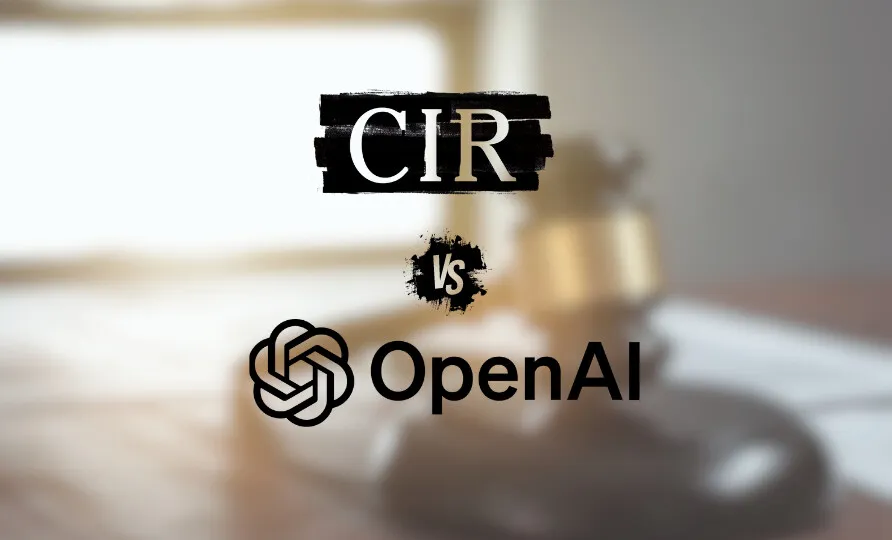The European Commission (EC) has initiated a formal investigation into Microsoft’s business practices, specifically focusing on the bundling of its Teams application with its Office 365 and Microsoft 365 suites. The probe aims to determine whether Microsoft has breached European Union (EU) competition rules by potentially limiting competition in the European Economic Area (EEA) for communication and collaboration products.
Microsoft’s teams and Its role in the market
Microsoft Teams is a cloud-based communication and collaboration tool that provides a range of functionalities, including messaging, calling, video meetings, and file sharing. It also integrates with Microsoft’s and third-party workplace tools and other applications, making it a comprehensive solution for businesses.
The EC’s concern lies in the fact that Microsoft may be leveraging its dominant market position in productivity software to limit competition in the EEA. This is particularly relevant in the current era, where remote communication and collaboration tools have become indispensable for businesses.
The EC’s concerns and the potential impact on competition
The EC’s investigation will focus on whether Microsoft is offering Teams an unfair distribution advantage by preventing customers from choosing whether or not to include access to Teams when subscribing to their productivity suites. This could potentially limit the choices available to customers and stifle competition in the market.
Moreover, the EC is also concerned that Microsoft may have restricted the interoperability between its productivity suites and competing offerings. This could potentially create a barrier for other companies trying to compete in the market, further strengthening Microsoft’s dominant position.
The EC stated that Microsoft’s actions might amount to anti-competitive tying or bundling, which could hinder suppliers of other communication and collaboration tools from competing. This could ultimately harm customers in the EEA by limiting their options and potentially leading to higher prices or lower-quality products.
The origin of the investigation
The EC’s investigation comes in the wake of a complaint filed by Slack Technologies in 2020. Slack accused Microsoft of unlawfully tying Teams to its dominant productivity suites, thereby limiting competition. This complaint has led to the EC’s formal probe into Microsoft’s business practices.
EC’s stance on competition and market freedom
EC Executive Vice-President Margrethe Vestager, who is in charge of competition policy, emphasized the importance of competition in the market for communication and collaboration tools. She stated, “Remote communication and collaboration tools like Teams have become indispensable for many businesses in Europe. We must therefore ensure that the markets for these products remain competitive, and companies are free to choose the products that best meet their needs.”
She further added that the EC is investigating whether Microsoft’s tying of its productivity suites with Teams may be in breach of EU competition rules. The goal of the investigation is to ensure that the market remains competitive and that businesses have the freedom to choose the products that best suit their needs.
The future of the investigation
The antitrust investigation is not subject to any legal deadline, meaning it could potentially last for several months or even years. The outcome of the investigation could have significant implications for Microsoft and the broader market for communication and collaboration tools.
If Microsoft is found to have breached EU competition rules, it could face substantial fines and may be required to change its business practices. This could potentially reshape the market for communication and collaboration tools in the EEA.
The EC’s investigation into Microsoft’s bundling of Teams with its Office suite represents a significant development in the ongoing debate about competition in the technology sector. The outcome of the investigation could have far-reaching implications for Microsoft and other technology companies, as well as for businesses and consumers in the EEA. It underscores the importance of ensuring that markets remain competitive and that businesses can choose the products that best meet their needs.





